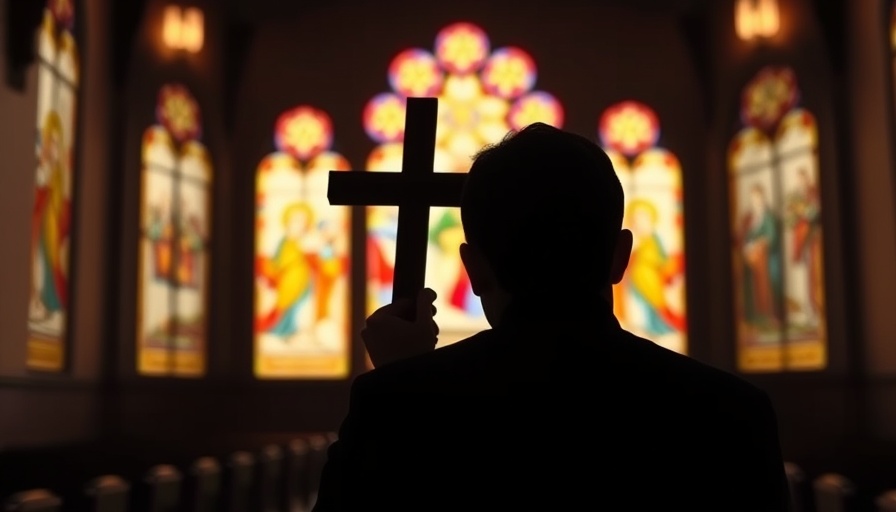
The New Offer: A Breakthrough for Clergy Abuse Survivors
In an unexpected turn of events, the Archdiocese of New Orleans has significantly raised its offer to victims of clergy abuse, proposing a new settlement of $230 million. This increase comes after prior negotiations, which left many survivors doubtful about the church's commitment to providing adequate compensation for their suffering. The earlier proposal, which could only guarantee $180 million, was insufficient for many claimants. However, with this new guarantee and the promise of additional funds from selling church properties, there is renewed hope for a resolution.
Understanding the Complex Emotions at Play
The journey of clergy abuse survivors is fraught with emotional complexities. For many of these individuals, the road to justice has been long and paved with obstacles, both legal and personal. Trust, once shattered, is not easily rebuilt. As these survivors weigh the new offer, they are not just considering the financial aspects; they are also grappling with their traumatic histories. The recent increase in the settlement amount has brought forth a mix of hope and hesitation among survivors, with many seeing it as finally being validated in a world that has often ignored their pain.
Why Now? The Timing of the Church's Offer
The timing of this increased offer might seem curious to some, yet it aligns with broader efforts by the church to mend its public image. Legal experts have suggested that the Archdiocese may be pivoting in light of growing public scrutiny and pressure. Various dioceses across the United States have faced criticism and legal battles regarding abuse claims. According to reports, this increased offer could pave the way for final settlements not just in New Orleans but also elsewhere, revealing a possible trend that other dioceses might soon follow.
Voices from Within the Community
Community responses have ebbed and flowed along with the developments in this case. Advocacy groups for clergy abuse survivors have welcomed the increased offer as a significant step in the right direction. They argue that it reflects a commitment to accountability that had been missing in previous church responses. Yet, some dissenting voices are urging caution. Survivors’ lawyers who initially opposed the deal remind us that acceptance requires careful consideration of whether this is a genuine change of heart or merely a strategy to move past legal hurdles.
The Broader Impact: What This Means for Other Survivors
The implications of this offer extend far beyond the immediate parties involved. Clergy abuse has affected communities nationwide, and many survivors are watching how the Archdiocese handles this crucial moment. Successful settlements could encourage other religious institutions to step forward in acknowledging their responsibilities. These actions can foster a stronger culture of accountability, impelling organizations to take meaningful steps to address and rectify past abuses.
The Path Forward: Decision-Making for Survivors
Ultimately, the decision to accept or reject the $230 million offer lies with the individual survivors. Each person’s circumstances, feelings, and experiences shape their decision-making process. It’s essential for survivors to consult with trusted advisors and fellow survivors as they navigate this potentially life-altering choice. This decision-making phase will undoubtedly be challenging, as it involves reconciling financial needs with emotional health and personal vindication.
Conclusion: Encouragement Towards Understanding
As discussions around the settlement continue, it’s crucial to support survivors in their decision-making processes. The increased offer could represent not just a chance for financial relief but also a collective movement towards healing and reform within the church. For those in Louisiana and beyond, this development is not solely about monetary terms but about restoring dignity to those who have suffered for too long. It's a reminder that the voices of survivors matter and that advocating for their rights is essential in creating informed communities.
 Add Row
Add Row  Add
Add 



Write A Comment